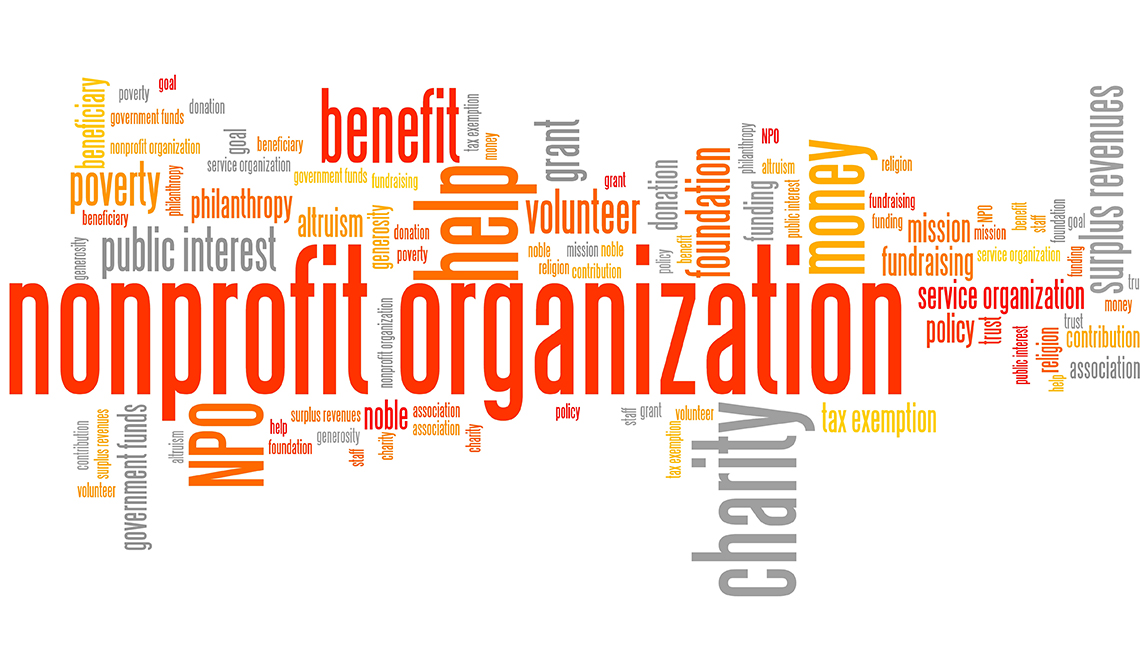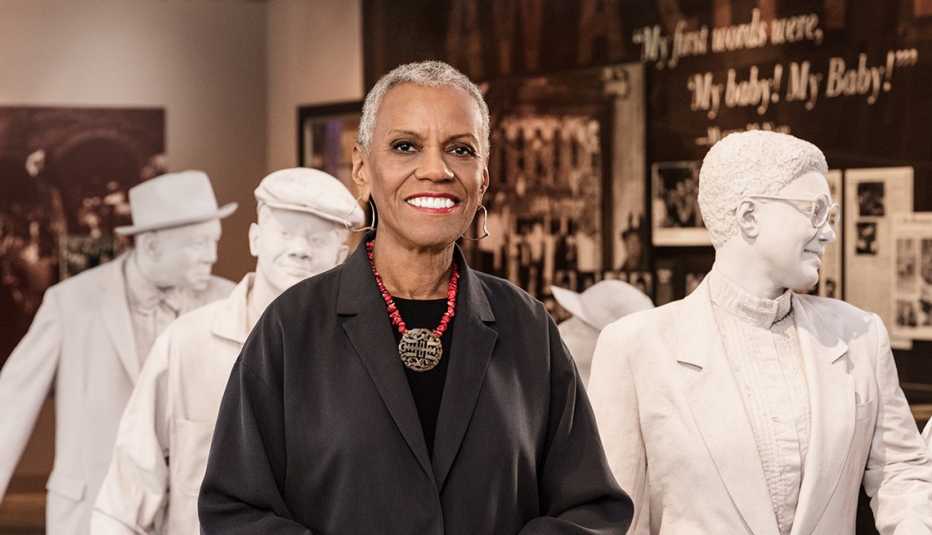AARP Hearing Center
People who have worked in corporate America often consider nonprofit consulting for their second act. It’s a great way to continue bringing in an income and employing skills from your previous career while enjoying the satisfaction of giving back.
There’s plenty of opportunity. According to the Chronicle of Philanthropy, charitable organizations and nonprofits employ more than 17% of the U.S. workforce. The number of charities — 1.3 million at the current count — has increased by 150% over the past 20 years.
The key to a strong start is finding the right specialty, says Penelope Cagney, author of Nonprofit Consulting Essentials: What Every Nonprofit and Consultant Needs To Know. The skills you enjoy most may serve you in the nonprofit world, so consider tapping them first. Cagney, who founded The Cagney Company, worked as a fundraiser for health care companies before becoming a consultant specializing in fundraising, governance and board consultation. Planning, human resources, technology and marketing are also in high demand.
Here's how to make the transition to nonprofit consulting:
































.jpg?crop=true&anchor=13,195&q=80&color=ffffffff&u=lywnjt&w=2008&h=1154)





























